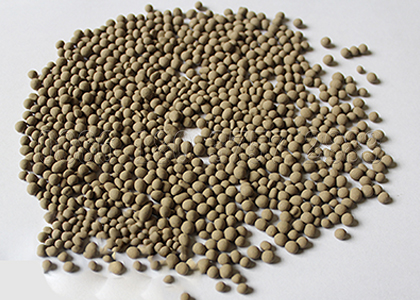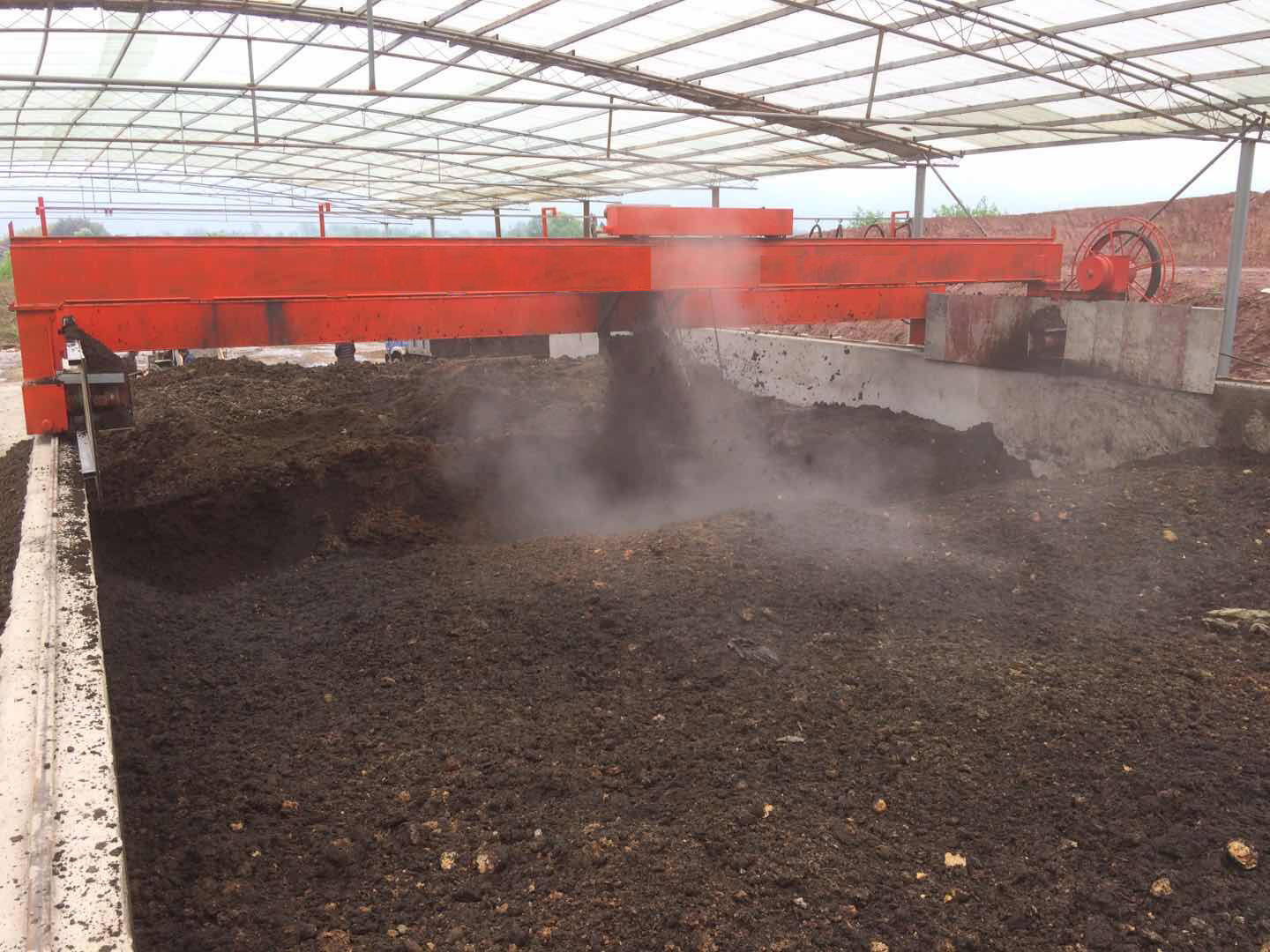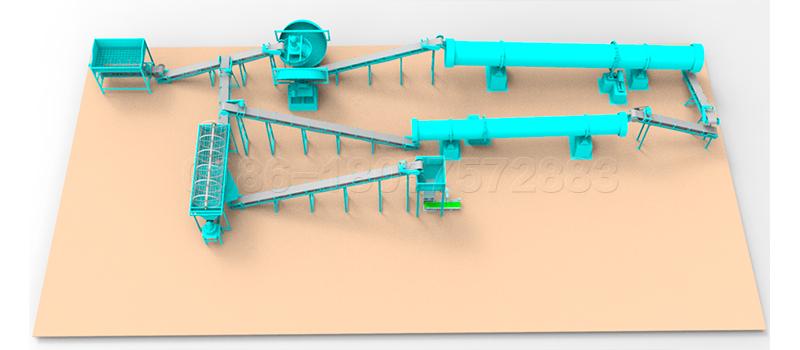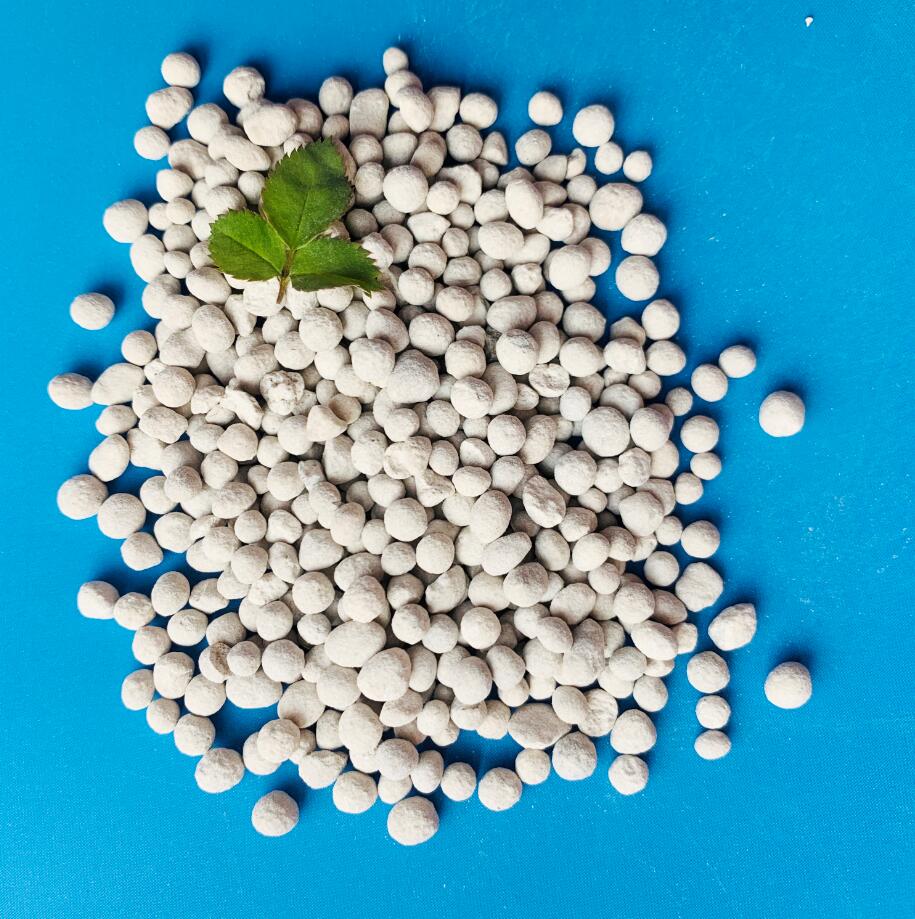The organic fertilizer production line from sx organic machines is designed for the production of organic fertilizer granulator. In the process of organic fertilizer production, different types of fertilizer equipment are equipped to complete the production process. Here, we introduce the characteristics of organic fertilizer.

In the process of organic fertilizer production, organic fertilizer can be divided into powder organic fertilizer and granular organic fertilizer.
Among them, the technology of powdery organic fertilizer is relatively simple
1. Check the ingredients of your raw materials (such as plant ash, furfural residue, humic acid, etc.) to understand the accurate nutritional composition and proportion of each raw material, which plays an important role in the production of organic fertilizer;

2. The general production process of organic fertilizer requires the content of nitrogen, phosphorus and organic fertilizer granulator or disc granulator or roller granulator; the production process of organic fertilizer requires the content of nitrogen, phosphorus and potassium to be more than 4% and the content of organic matter to be more than 30%. So organic fertilizer can be mixed, crushed and packaged.
In addition, fertilizer equipment such as drum granulator, organic fertilizer granulator, disc granulator or roller granulator is required for organic fertilizer granules. The production of organic fertilizer requires the same raw materials as powder fertilizer, but after adding binder (bentonite or green palygorskite), the final particles need to be dried by rotary dryer.
Organic fertilizer production line
There is also an organic fertilizer with livestock manure, domestic waste and plant straw as the main raw materials.
The production process of the organic fertilizer is as follows: raw material drying, crushing, fermentation, mixing (mixed with chemical fertilizer). And other organic or inorganic substances, so that nitrogen, phosphorus, potassium content into particles (or not into particles, powder) and then packaging.

If the raw material is humic acid or peat, the organic fertilizer will not be fermented in the production process, and there is no need for fermentation. Other steps are the same as above.
As a professional fertilizer machinery manufacturer, we mainly produce all kinds of fertilizer equipment to complete the fertilizer production process. Our main products include not only fertilizer granulators, but also different types of fertilizer production lines.


